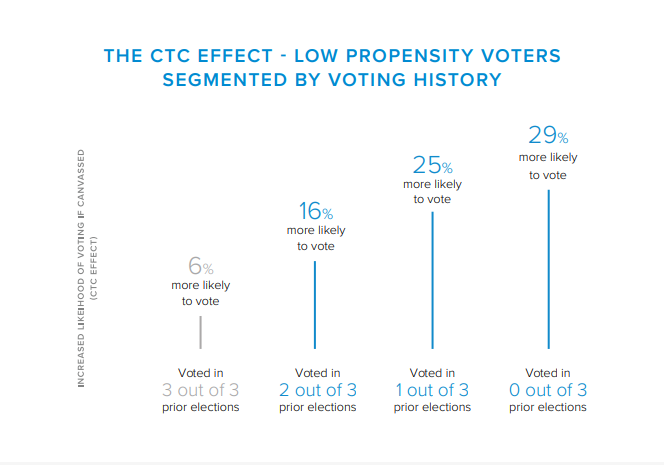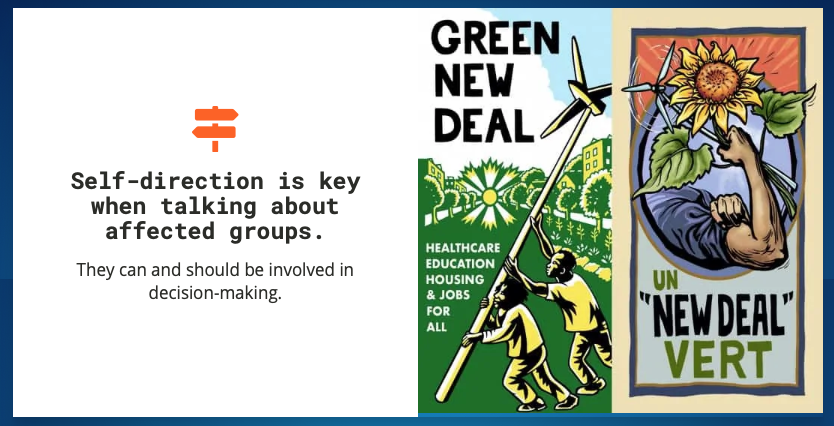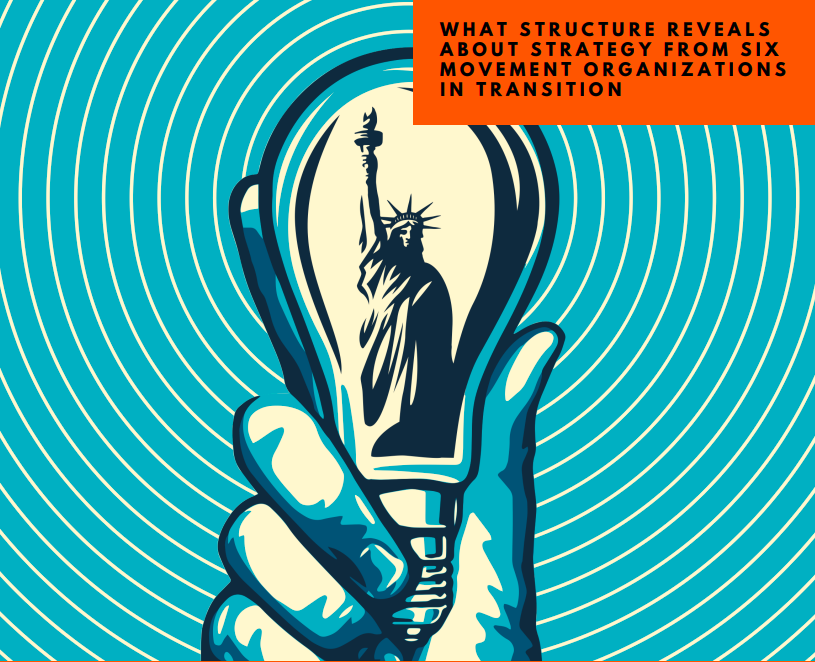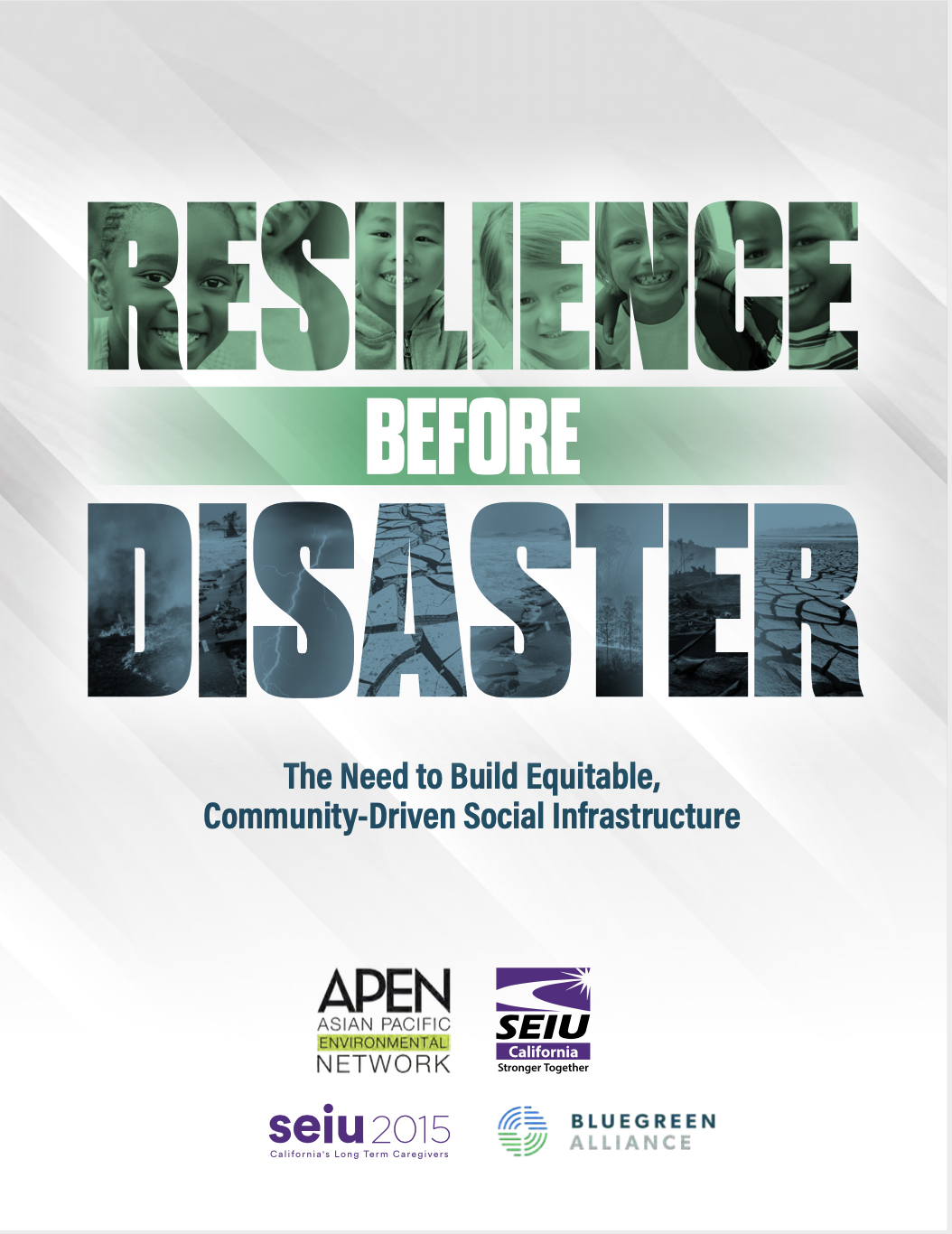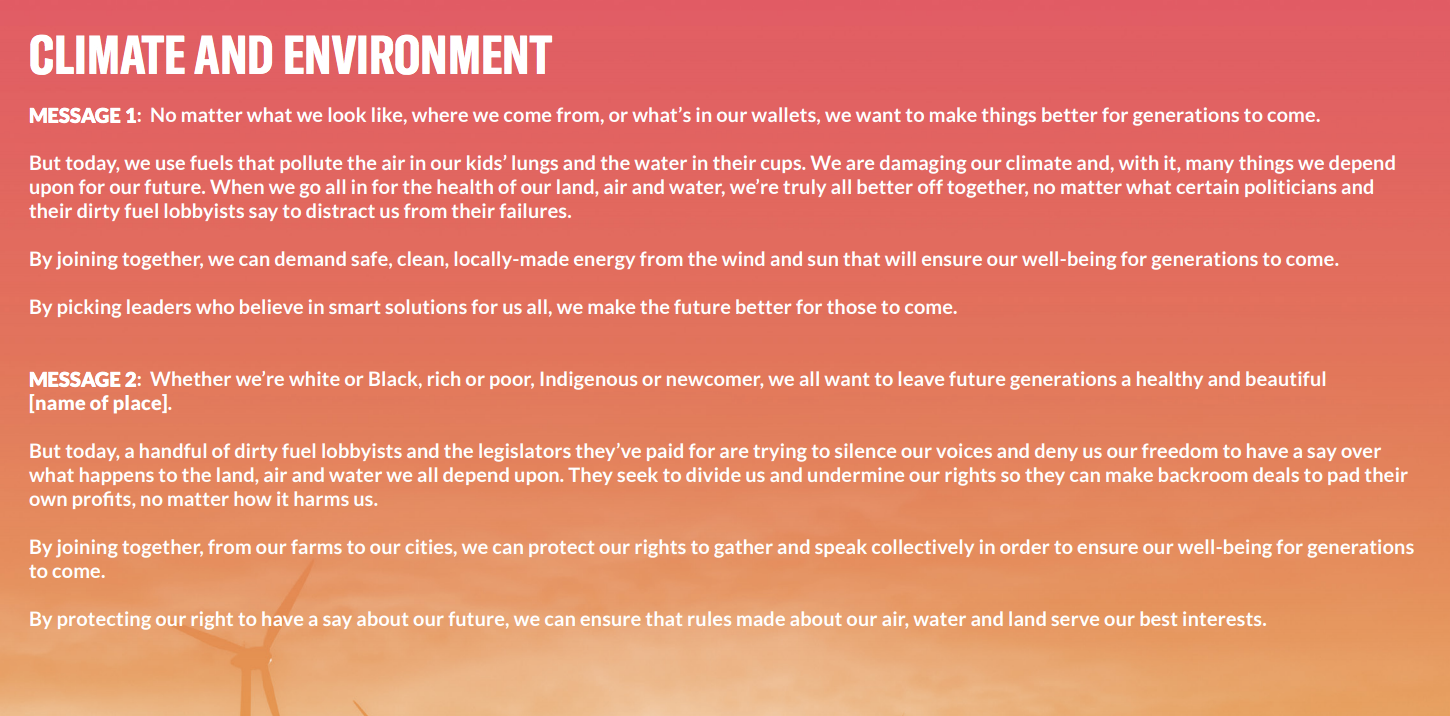Resources
Search below for resources covering the intersection of climate engagement, social science and data analytics.
RESULTS
2021 M+R Benchmarks Study
Every year M+R Strategies, a digital services firm for progressive non-profits, releases its Benchmarks Study. The 2021 version analyzes the nonprofit digital advocacy and fundraising field using data from over 220 participating organizations. The Study covers these areas:
- Digital advertising
- Email messaging
- Mobile/SMS messaging
- Social media
- Fundraising
- Membership
- Website traffic and useage
Changing the Conversation Together: Evaluating Impact, 2020
Changing the Conversation Together (CTC) is working to create a network of deep canvassers to grow the American electorate into a more inclusive and compassionate one. Deep canvassing is a method of voter engagement that draws on respect and shared experiences to encourage voter turnout. In this report, CTC examines the impact that their deep canvassing had both on turnout and vote choice. They find that CTC canvassing increased the likelihood of turnout by approximately 14%. For low propensity voters, those least likely to turnout, CTC finds that their efforts increased the likelihood that they voted by 25%. They also find that deep canvassing cannot wait until the last minute. These conversations need to be happening often and well-before election day. Advocates interested in making an impact at the polls should consider diverting even modest resources to deep canvassing, particularly for less likely voters.
Framing Climate Justice
A series of participatory workshops, research and testing revealed key insights into how the UK public thinks about climate justice now and how the movement effectively communicate climate justice issues. Recommendations include:
- Emphasize solidarity with those most affected, which also acknowledging the problems facing UK citizens
- Be careful with "emergency" framing: doom and gloom makes people panic, closing down potential for solidarity
- Self-direction is key when talking about affected groups -- they can, and should, be involved in decision-making
- Make the links between climate, capitalism, and colonialism. Break things down and use "economic design" to help make this crucial connection
Building Structure Shapes: What Structure Reveals About Strategy from Six Movement Organizations in Transition
When faced with challenges to their power, social movement organizations can revise their structure in different ways to solve different problems. For example, the Sunrise Movement has engaged its membership in an attempt to decentralize some power from its national staff to local hubs. Color Of Change expanded its staff-driven approach to create events and local groups for social engagement and localized projects, in addition to refocusing its campaign goals to local elections. United for Respect has experienced member and staff growth, experimenting by organizing staff by campaign and by role, settling on a hybrid structure, utilizing both. Other organizations—ISAIAH, New York Working Families Party, and Florida’s Statewide Alignment Group—have also re-structured in illuminating ways. This report employs useful metaphors to describe different group structures, including “boat”, “big tent”, “Rubik’s Cube”, “house”, “stool”, and “fractal”.
Resilience Before Disaster: The Need to Build Equitable, Community-Driven Social Infrastructure
California and the US are increasingly beset by climate-fueled disasters like wildfires, extreme heat, and power blackouts. These events put additional stress on frayed hard and social infrastructure systems, and disproportionately impact working-class communities of color. To adapt to these changes, society must update our notion of disaster response to increase resilience in these systems before disasters strike. This report offers two models for this response: 1) building and normalizing resilience hubs where community members gather and organize both in good times and bad, and 2) increasing in-home resilience by recognizing homecare workers as effective agents for assisting vulnerable populations and bridging authorities and the frontlines. The report goes on to recommend specific ways to set up resilience hubs, train care workers, and develop forward-thinking emergency response plans to avert human disasters after natural disasters.
We Make The Future Messaging Guide
The We Make the Future Messaging Guide is for campaigners, researchers, and all people who want to persuade others to take action to confront the challenges of a changing climate. The guide is based on rigorous research into perception and persuasion, and provide specific recommendations to engage base constituencies and persuade the middle (or people who haven't spent a lot of time thinking about specific solutions). The core of this work is the Race Class Narrative, an approach that weaves together economic empowerment, racial justice, climate justice, and gender equity, using language proven to work to mobilize and persuade people to take action.
This is a how-to guide. It provides guidance on:
- What to say and, crucially, what not to say
- How to weave together the rights words and the right narrative
- How to link related issues such as racial justice and climate justice within all your communications and calls-to-action
- Specific ways to use these messages on email, social media, and via text message
Webinar: Winning By A Landslide: How we won the Portland Clean Energy Fund (PCEF)
How did the alliance behind the Portland Clean Energy Fund (PCEF) move a visionary idea from concept to groundbreaking reality? In this webinar, the Climate Advocacy Lab was joined in conversation with members of the PCEF Steering Committee for an "under the hood" look at the campaign's insights, challenges, and lessons learned –– also captured in a new, interview-based report that captures the "anatomy" of the campaign. This campaign secured a landslide ballot measure victory in Portland in November 2018, establishing a multi-million dollar municipal fund that will address climate, economic, and racial justice by providing funding for renewable energy projects, job training and apprenticeship programs, and regenerative agriculture.
A Template for Change: The Portland Clean Energy Fund as a Local Model for a Green New Deal
This report details the anatomy of the campaign and strategy that achieved the groundbreaking Portland Clean Energy Fund (PCEF), a multi-million dollar fund that addresses climate, economic, and racial justice in Portland, OR.
Solar with Justice
Under-resourced communities face a disproportionate share of societal burdens and lack access to many of the benefits other communities enjoy. Participation in the solar economy can help ease these burdens and provide low-and middle-income households with economic relief.
Webinar: Our Power Puerto Rico: A campaign case study & framework for "Just Recovery"
As communities and advocates worldwide work to respond adequately to increasing climate disasters, where can climate advocates find resources to advance just, equitable, and community-based disaster recovery?
In this webinar, Climate Advocacy Lab teamed up with Climate Justice Alliance (CJA) to discuss CJA's recently released multimedia report Our Power Puerto Rico: Moving Toward a Just Recovery (a project completed with support from the Lab!). During the conversation, authors, experts, and frontline organizers who contributed to the case study and report highlight tools (including the 'Just Recovery framework'), practices, and experiential lessons learned from applying a participatory model of "Just Recovery" to disaster response in Puerto Rico following hurricane María.
Pagination
- Previous page
- Page 2
- Next page
